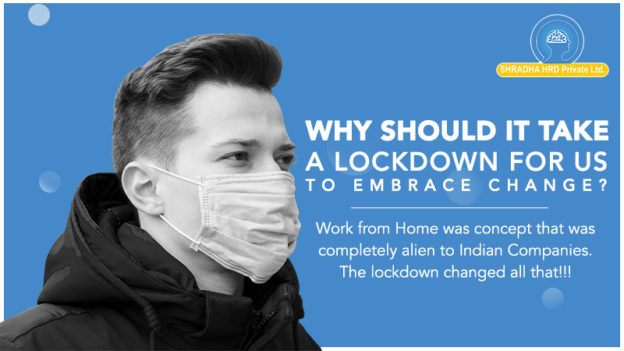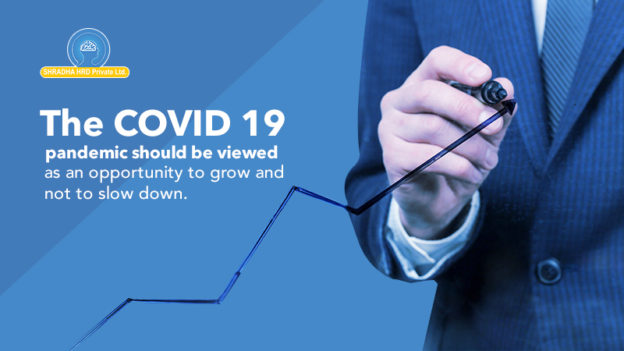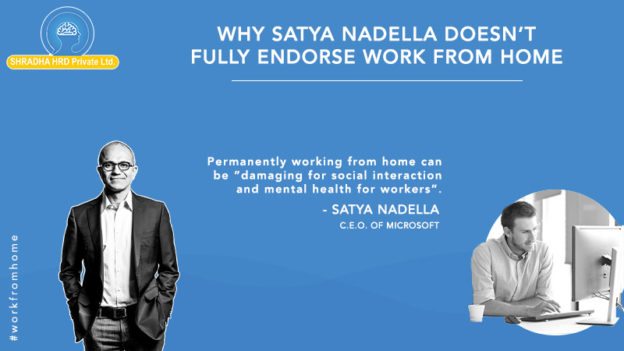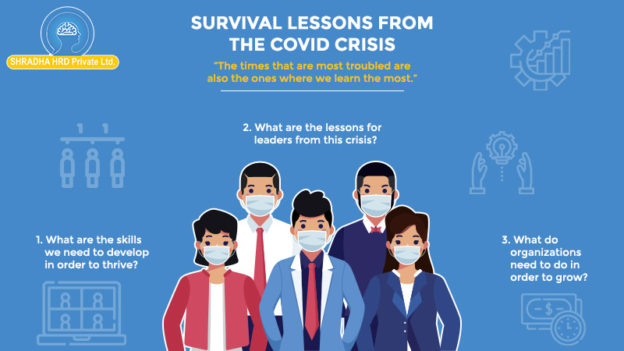During a recent Webinar that I co-facilitated, a participant asked me a question most of us have grappled with at some point in our careers:
How do I deal with a stakeholder that is nasty & argumentative?
My mind immediately went to: “Is your heart at Peace or at War”?
This is the foundational principle of the “Anatomy of Peace”, a book which is the story of Yusuf al-Falah, an Arab, and AviRozen, a Jew, each lost his father in the Arab-Israeli conflict.
The story revolves around how both these men moved past their bloody histories, their hate, pain and animosity &and how they came together to help warring parents and children resolve their differences and find peace in their relationships.
When we approach a conflict, most often we do it with a heart that is full of anger & a mind that says “I am right”. This comes in the way of us being able to see the other person’s perspective, leading to a far deeper conflict.
The solution is really simple, when you walk into a conflict situation, you need to ask yourself, “do I really want to find a solution or do I want to be proven right”?
If your heart is at peace and you truly want to resolve the conflict, you will be able to remove your ego, personal hurt & the accompanying negative feelings. You will be able to “see” the other’s viewpoint. This attitude is enough to resolve most conflicts.
On the other hand, if you really just want to be proven right and then you approach the conflict, your heart is really at War. With this attitude, in all likelihood you will say and do things that will lead to an escalation of the conflict and not a move towards a resolution.
When you approach a conflict situation, ask yourself the following questions:
1. What is it that I really want from this situation? What is my best case scenario?
2. What could the other person be thinking, feeling, seeing, hearing?
3. What can I do that could move the situations towards a resolution?
You may not be able to resolve every conflict satisfactorily & you might still have unpleasant stakeholder situations but the one thing that will change is that you will take the correct steps to resolve the conflict. This will bring peace to your mind.
The next time you walk into a conflict, just ask yourself “Is my heart at peace or is at at war”?
Try it…the results may surprise you !!!!!!!!!!!!





